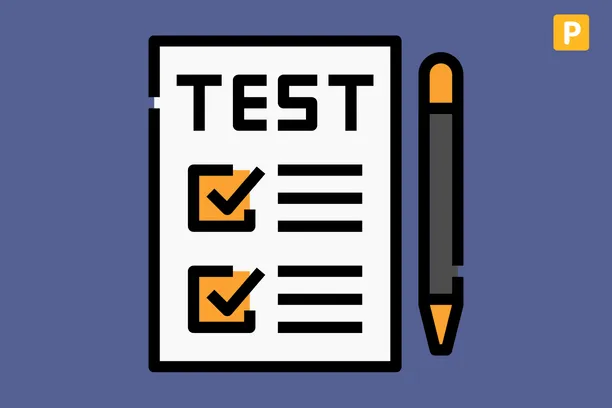Who Authorises Test Purchasing: A Comprehensive Guide to Regulatory Oversight and Compliance

Test purchasing might sound like a straightforward concept, but trust me, it’s a rabbit hole of complexity that would make your head spin! I’ve spent years navigating the intricate world of regulatory compliance, and I can tell you that understanding who authorizes these investigative purchases is no simple task.
Who Authorises Test Purchasing: Understanding Test Purchasing Authorization Frameworks
Let me break this down like I’m explaining it to a curious friend over coffee. Test purchasing isn’t just some random shopping expedition – it’s a carefully orchestrated process with serious legal implications.
Back when I first started working in consumer protection, I was surprised to learn how many moving parts are involved in a single test purchase. We’re talking about a complex dance of legal frameworks, regulatory bodies, and strict protocols. Organizations like the Consumer Protection Guidelines provide essential resources for understanding these intricate processes.
Test purchasing essentially involves authorized individuals making purchases to verify compliance with specific regulations. Think of it like a secret mission, but instead of spy stuff, we’re checking if businesses are following the rules.
The primary purposes typically include:
- Verifying age restriction compliance
- Checking product safety standards
- Investigating potential regulatory violations
- Ensuring fair trading practices
Different industries have wildly different approaches. A test purchase for age-restricted alcohol sales looks completely different from a financial services compliance check. Each sector has its own intricate rulebook.
Government and Regulatory Entities Authorizing Test Purchases
Here’s where it gets really interesting. The authorization for test purchases isn’t some uniform, one-size-fits-all process. Local and national governments have developed sophisticated mechanisms to ensure regulatory compliance.
In my experience, the key players usually include:
- Local Trading Standards offices
- National Consumer Protection Agencies
- Specialized Regulatory Departments
- Law Enforcement Investigative Units
These aren’t just bureaucratic rubber-stamp operations. They develop comprehensive guidelines that balance investigative needs with individual rights. It’s like a high-stakes chess game where every move is carefully calculated.
Industry-Specific Test Purchase Authorization Mechanisms
Each industry has its own flavor of test purchasing. Let me give you a peek behind the curtain.
In retail, test purchases might focus on age-restricted sales like tobacco or alcohol. I remember hearing about sting operations where young-looking investigators would attempt to purchase these products to check if businesses are following the law.
Healthcare and pharmaceutical sectors have even more stringent protocols. Test purchases here aren’t just about checking sales – they’re about ensuring patient safety and regulatory compliance.
Financial services? Whew, that’s a whole other level of complexity. Test purchases here might involve verifying anti-money laundering procedures or checking customer verification processes.
Legal and Ethical Considerations in Test Purchasing
Now, this is where things get tricky. Test purchasing walks a fine line between investigation and potential entrapment. There are strict ethical guidelines to prevent abuse.
Key considerations include:
- Obtaining proper legal authorization
- Minimizing potential harm
- Maintaining individual privacy rights
- Ensuring transparent reporting
I’ve seen cases where well-intentioned test purchases went wrong because investigators didn’t follow proper protocols. It’s not just about catching someone breaking a rule – it’s about maintaining the integrity of the investigative process.
Also Read: What is Lease Purchase?
Implementation and Approval Process for Test Purchases
The approval process is like a multi-layered security system. It typically involves:
- Initial request and justification
- Internal review committees
- Legal department sign-off
- Detailed documentation requirements
- Post-investigation reporting
Imagine trying to get a top-secret mission approved but with even more paperwork. That’s what a test purchase authorization looks like!
Conclusion
Test purchasing authorization is far more than a simple transaction. It’s a critical mechanism for maintaining consumer protection, ensuring regulatory compliance, and keeping businesses accountable.
Next time you hear about a test purchase investigation, remember the incredible complexity behind that seemingly simple act. It’s not just about making a purchase – it’s about protecting consumers, maintaining fair business practices, and upholding legal standards.
Want to dive deeper into the world of regulatory compliance? Drop a comment below and share your thoughts or experiences with test purchasing!
